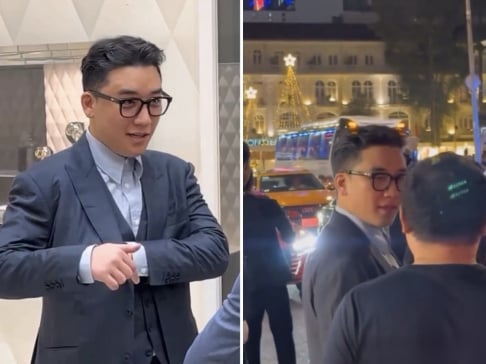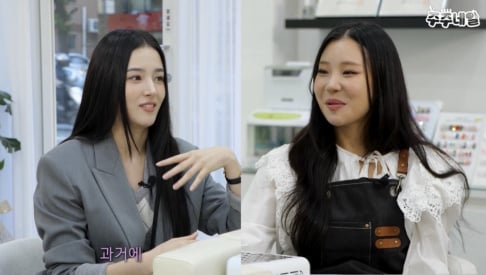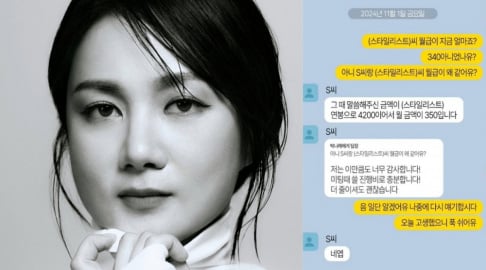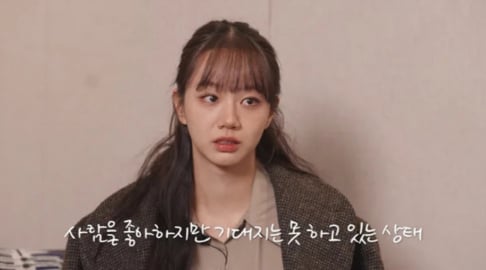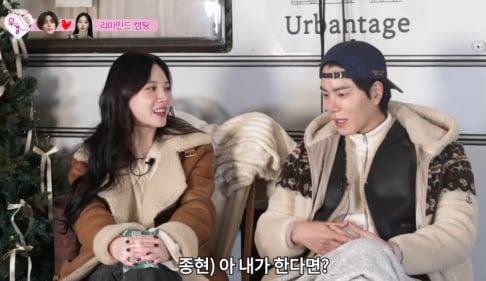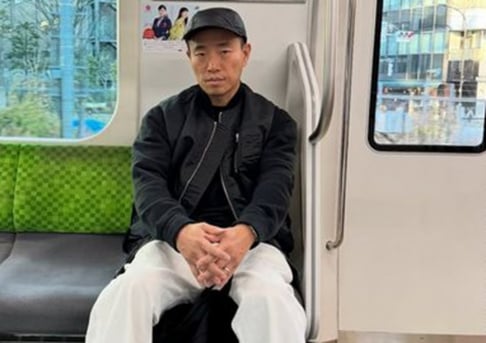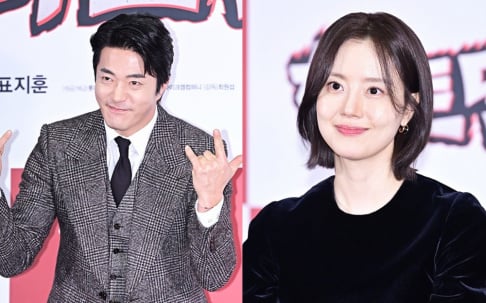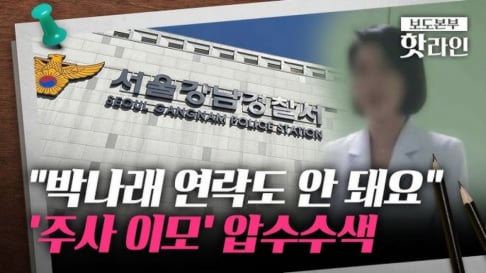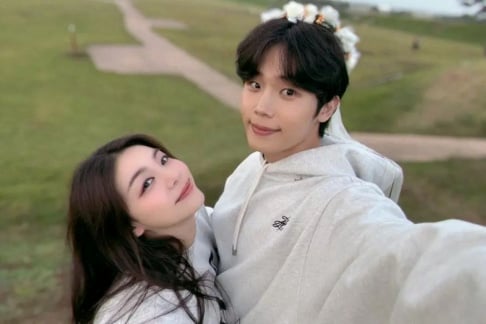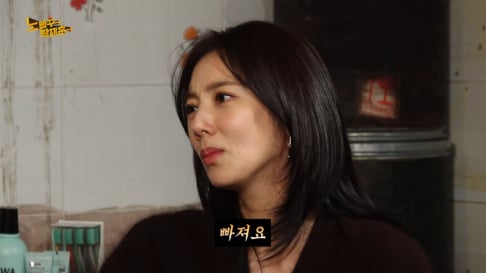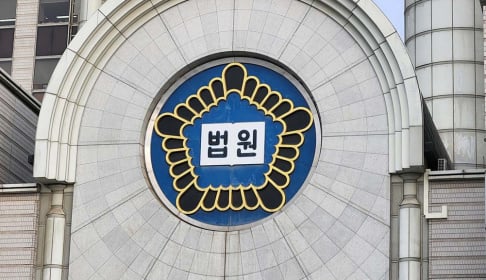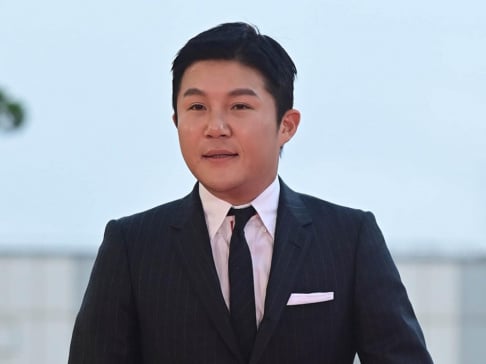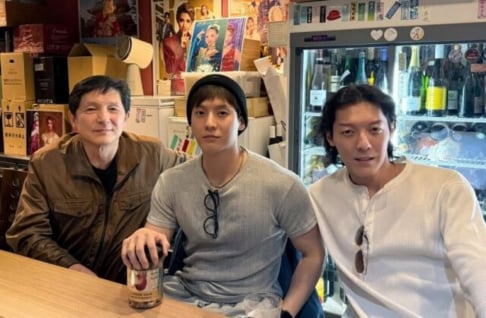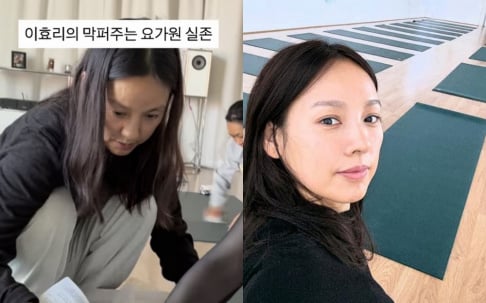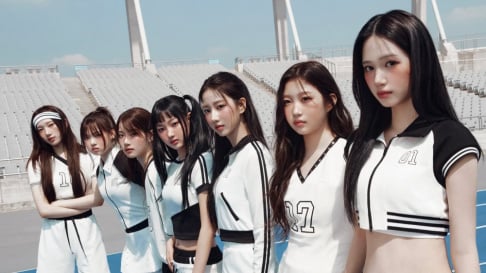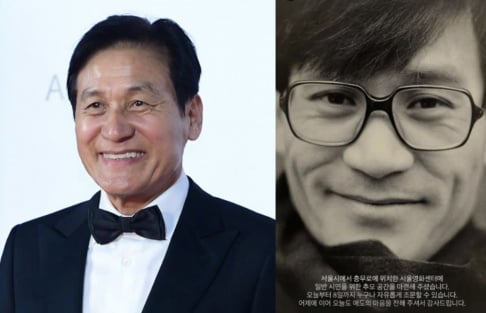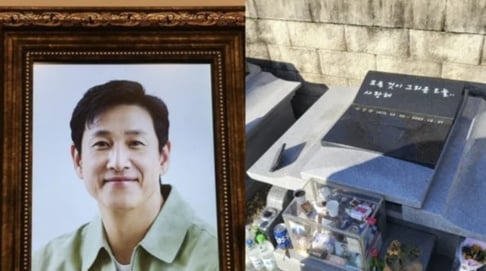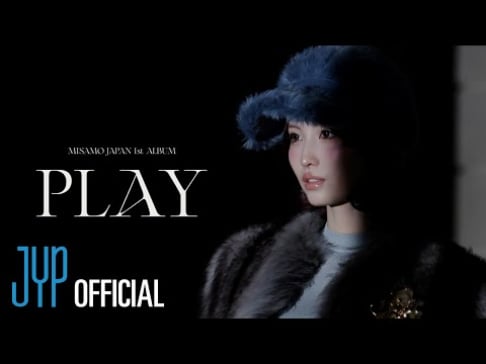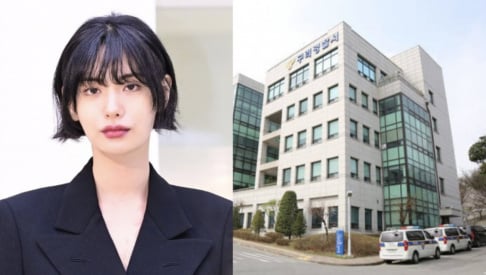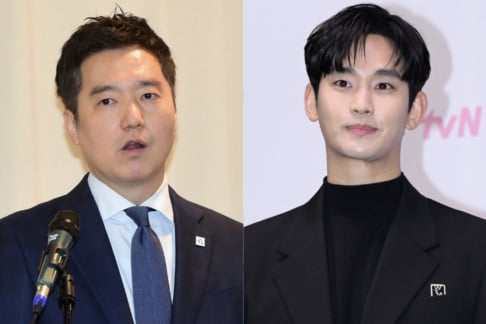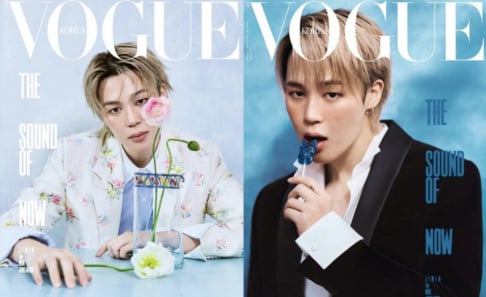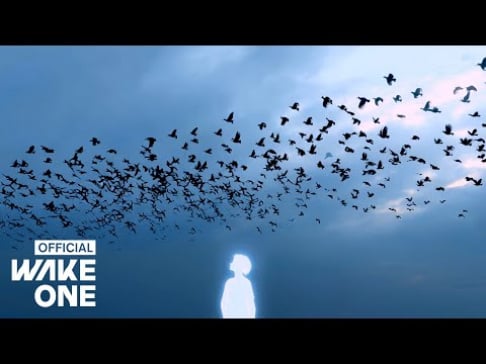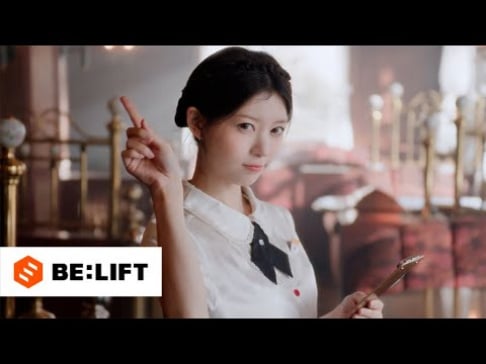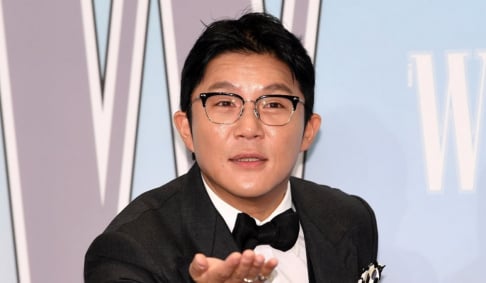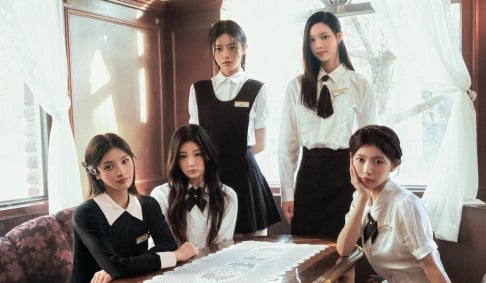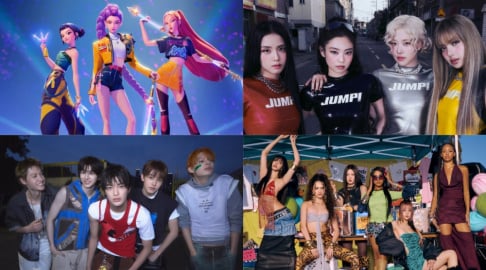
Singer Lee Seung Hwan files a 600 million KRW(approximately 410,000 USD) lawsuit against Gumi mayor over concert cancellation
Singer Lee Seung Hwan has filed a lawsuit for damages against Gumi Mayor Kim Jang Ho after the cancellation of his Christmas concert in Gumi. The plaintiffs include Lee Seung Hwan, his agency Dream Factory, and 100 ticket holders, totaling 102 individuals. The defendant is Kim Jang Ho in his personal capacity, not the municipality of Gumi. The total damages claimed amount to 600 million KRW. Lee emphasized that the lawsuit pertains to “illegal actions (unjust cancellation) by the mayor” and urged that no taxpayer money be used for legal defense or subsequent compensation.
While the Gumi concert was canceled, Lee Seung Hwan has received numerous offers from other municipalities, with a solo concert in Gwangju being verbally confirmed. Gwangju Mayor Kang Gi Jung extended an invitation via social media, saying, “Let’s hold the concert in Gwangju,” to which Lee responded, “I look forward to performing in Gwangju, the sacred site of democracy.” With Lee extending his 35th-anniversary ‘HEAVEN’ tour from its original end date in March to July, discussions for additional performances in other regions are also expected to pick up.
Initially, Lee had planned to hold a solo concert in Gumi, North Gyeongsang Province. However, after his participation in a concert supporting President Yoon Suk Yeol’s impeachment, 13 conservative groups held a rally in front of Gumi City Hall opposing his performance. Despite Lee’s assurances to implement robust safety measures for audience security, Gumi City officially announced the cancellation on December 23, citing concerns over potential physical clashes between concert attendees and conservative groups.
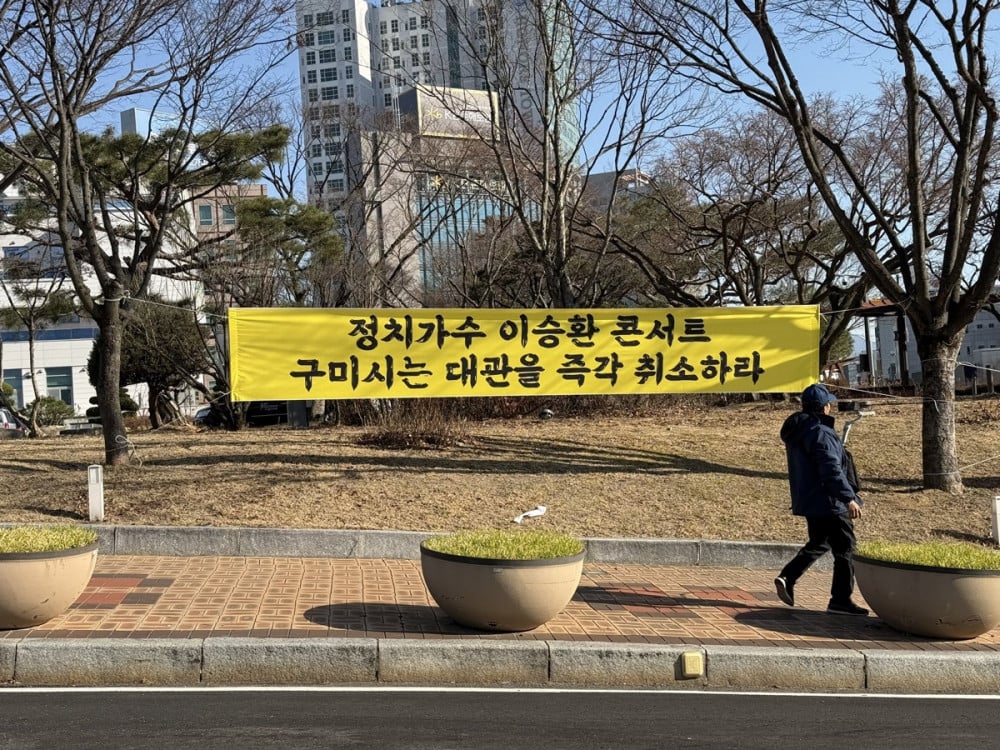
The controversy deepened when Lee revealed on social media that Gumi City had pressured him to sign a declaration pledging not to make political statements. Lee exposed this demand as a condition for the concert, shocking the cultural and artistic community. He stated, “This incident is a matter of ‘freedom of expression.’ Public institutions demanded that creators sign a document promising not to make ‘political agitation or controversial remarks,’ and when I refused, I faced repercussions. It’s heartbreaking and disgraceful.”
In response, the Gumi mayor justified the decision as a measure to maintain safety and prevent political agitation during a divided political climate. However, this explanation only fueled public outrage, particularly over the term “political agitation” in the pledge.
A coalition of 2,645 music professionals, including singers, musicians, producers, and critics, issued a strong statement condemning Gumi City’s actions. They declared, “By canceling the concert under the pretext of dissenting opinions, which the organizers were capable of managing, Gumi City has effectively admitted to succumbing to pressure from specific groups. This decision restricts artistic expression due to personal viewpoints, casting a shadow of censorship and control over the cultural and artistic community. It sets a dangerous precedent and will be remembered as a disgraceful blemish in Korea’s popular music history.”
In response to the support, Lee expressed his heartfelt gratitude, saying it brought him to tears. He reaffirmed his commitment to fighting for “freedom of expression.” While it is too early to predict the outcome, there is optimism that justice will prevail. Someday, perhaps even in Gumi, fans may again have the opportunity to attend a Lee Seung Hwan concert.
 SHARE
SHARE
